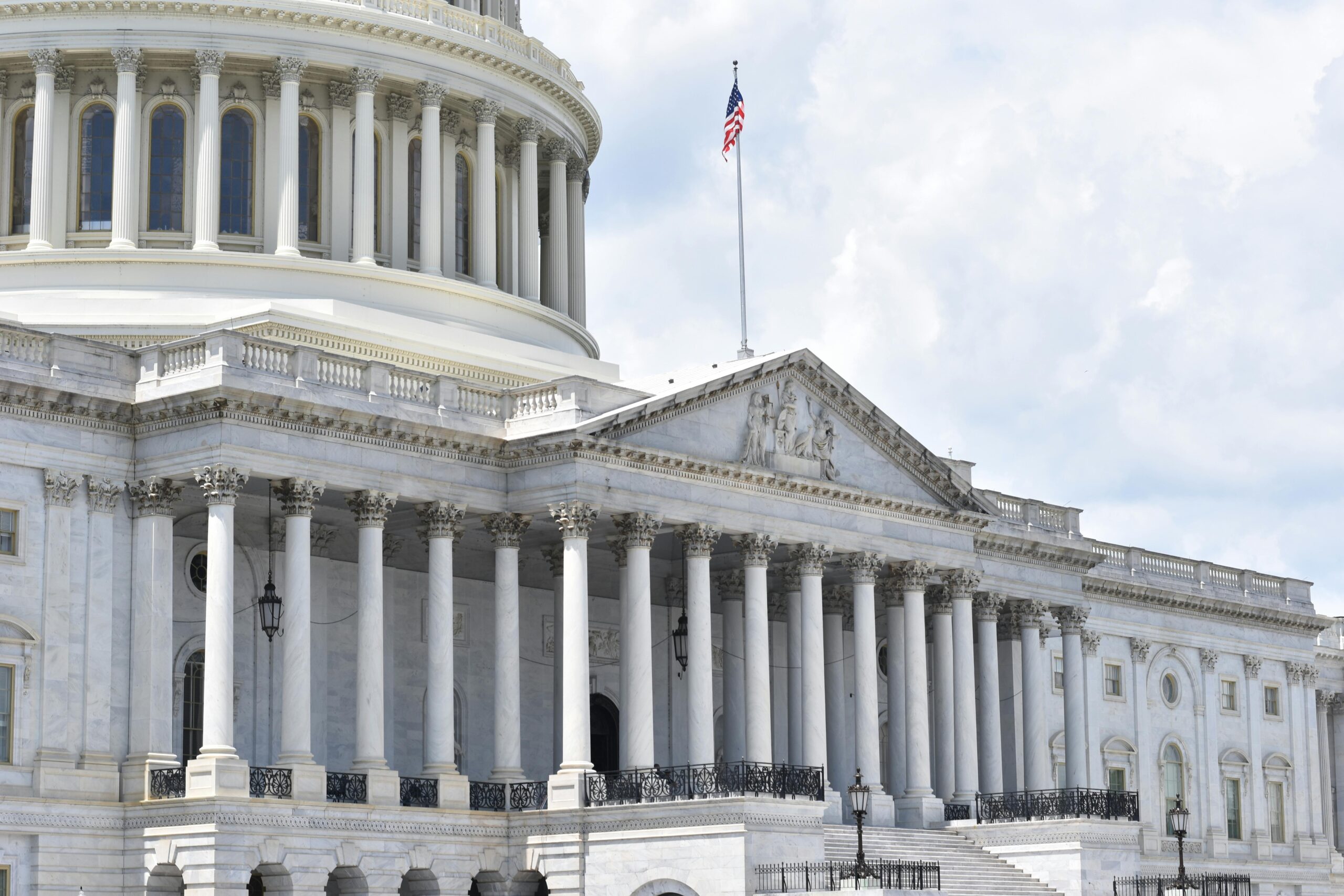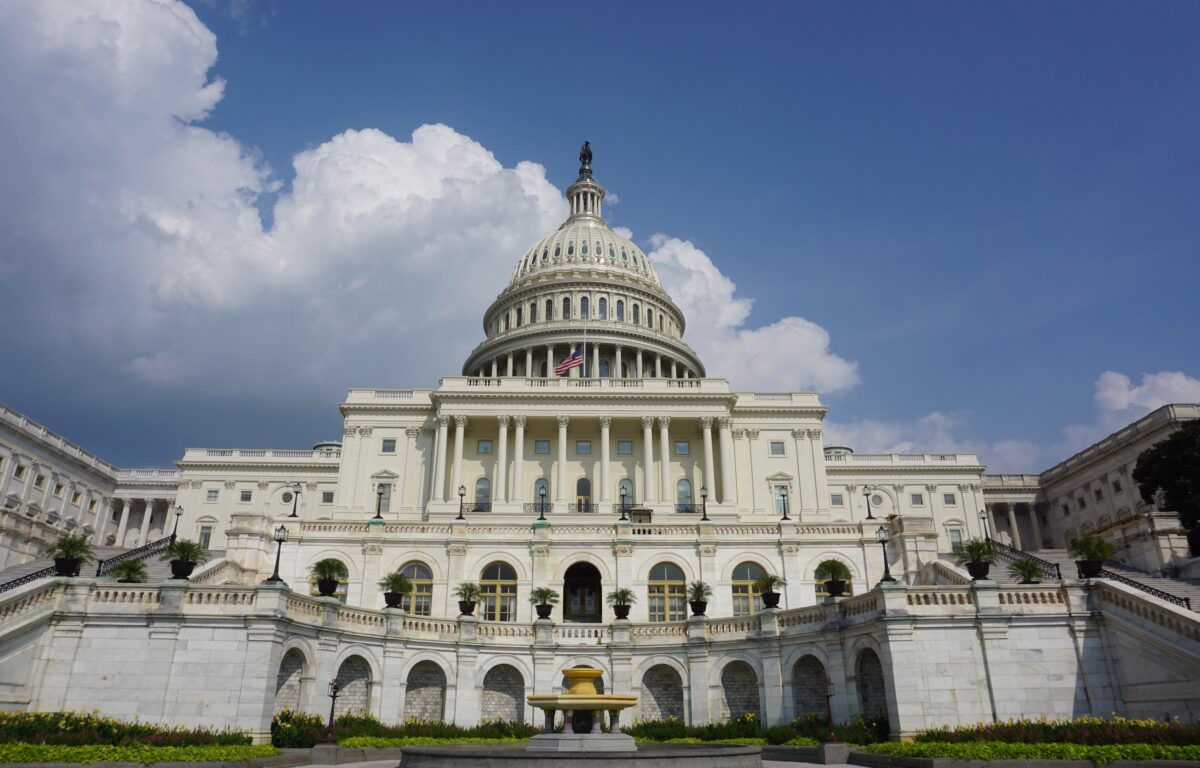Investing in Student Success: IHEP’s Federal Funding Priorities for FY25
Published Apr 23, 2024
By Jessica Vivar and Lauren Bell
Spring has sprung in D.C. Amidst the cherry blossom blooms and springtime buzz, important business is happening on IHEP, and fellow higher education advocates are elevating shared priorities to urge lawmakers to appropriate the funding necessary to equitable outcomes for today’s students.
Level funding in the fiscal year 2024 (FY24) appropriations package meant critical need-based financial aid programs, including Federal Work Study and Supplemental Educational Opportunity Grants, were not cut. Looking ahead to next year’s appropriations package, we hope to see enhanced support for these and other need-based aid programs.
The Pell Grant — the foundation of federal need-based aid — now covers the lowest share of college costs in the program’s history. In keeping with our commitment to supporting students living with low and moderate incomes, we urge lawmakers to increase the maximum Pell Grant award to restore its purchasing power and to protect the Pell Grant Reserve Fund. Increased program funding will help to guard against student eligibility restrictions in the event of any funding shortfalls.
Ensuring students persist in college and complete their degrees is as important as access and affordability. Federal funding is helping select institutions implement completion programs to help more students cross the completion finish line. Fifteen Historically Black Colleges and Universities, Minority-Serving Institutions, and community colleges are scaling evidence-based college retention and completion practices with the help of the Postsecondary Student Success Grant (PSSG) program. The program initially received $5 million in funding in FY22, then $45 million in FY23 and FY24. We recently joined 15 organizations in urging Congress to invest at least $100 million in the PSSG program in FY25 so more institutions can implement and expand retention and completion efforts. Last month, IHEP endorsed the Postsecondary Student Success Act, a bipartisan, bicameral proposal codifying the PSSG program.
IHEP consistently leads the field in advocating for higher-quality postsecondary data. To spotlight inequitable outcomes and inform future policy development, policymakers must protect, preserve, or reinstate postsecondary sample studies, including the National Postsecondary Student Aid Study (NPSAS), the Beginning Postsecondary Students Longitudinal Study (BPS), and the Baccalaureate & Beyond Longitudinal Study (B&B). Unlike other sources, these nationally representative surveys administered by the Institute of Education Sciences (IES) within the U.S. Department of Education (ED) allow a variety of analyses to be conducted and broken out by students’ characteristics such as race, ethnicity, gender, dependency, care-giving status, and financial background. However, citing resource constraints, IES discontinued B&B in 2023. And in its FY25 budget proposal, the Biden-Harris administration considers reducing the frequency of the full-scale NPSAS collection from every four years to every six years and the administrative data collection from every two years to every three years. Researchers and data advocates scored a victory when Congress directed IES to maintain the current NPSAS frequency in this year’s appropriations cycle. Still, B&B’s discontinuation and the NPSAS frequency reduction proposal underscore the necessity of additional IES resources in FY25 and beyond. We recently joined 40 organizations in calling for at least a $900 million investment in IES to build on current research and ultimately improve outcomes for students.
As FY25 appropriation negotiations continue, we urge appropriators to deepen investments that make college more affordable strengthen evidence-based college completion approaches and preserve federal postsecondary research efforts without cutting support for other education programs. Funding these priorities will support continuous program improvement, promote best practices, and advance policies that will help more students earn a high-quality postsecondary credential of value.


